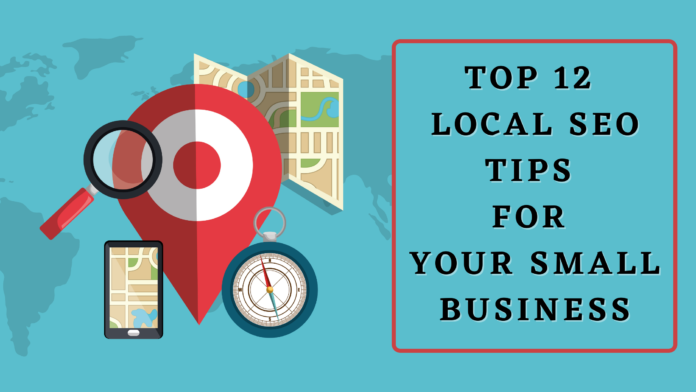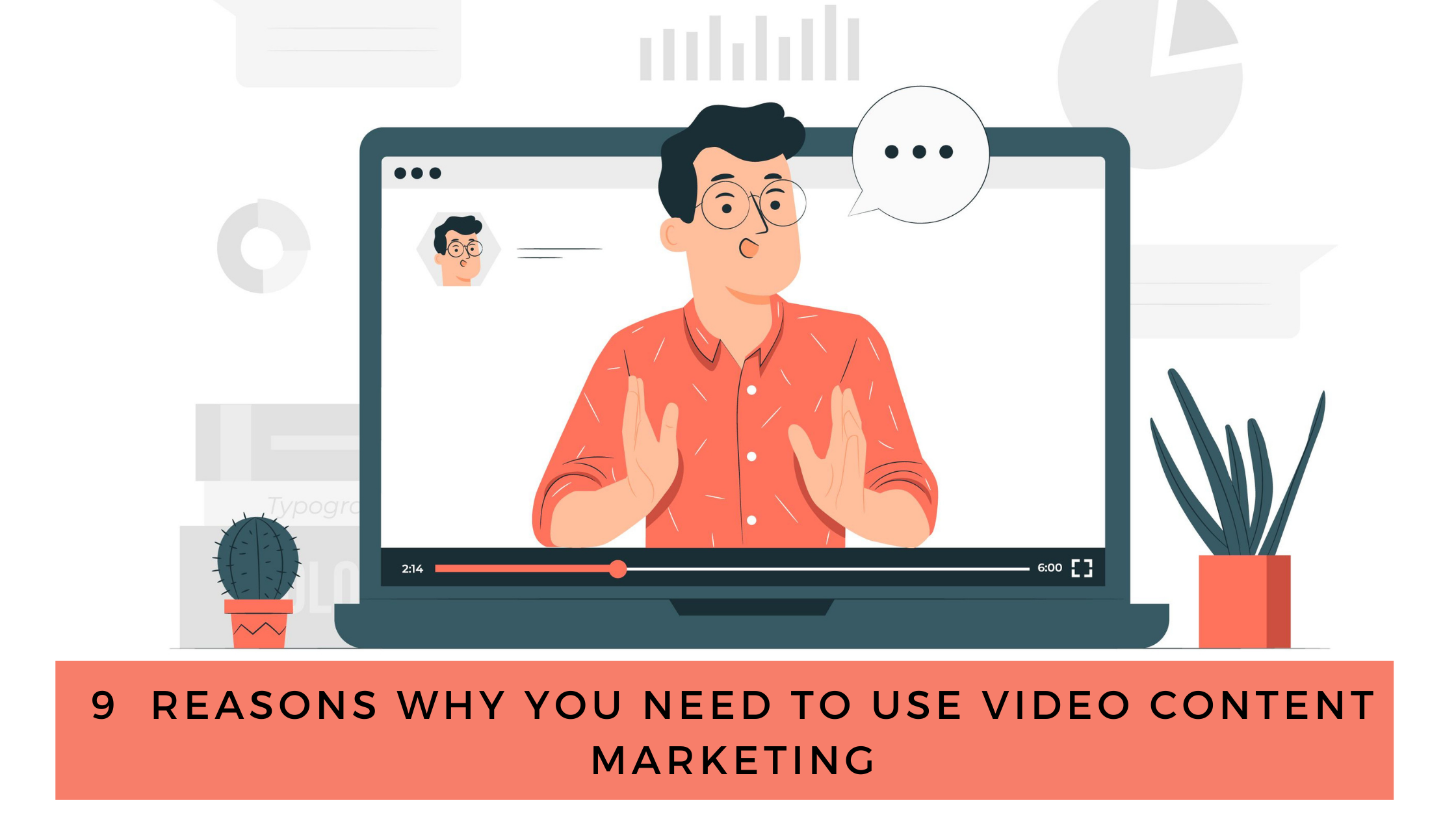SEO is the backbone of online marketing. It is the process of improving the quality and quantity of website traffic to a website or a web page from search engines is called Search engine optimization is. SEO targets organic search over a paid search. It is about helping search engines understand and present content.
In the increasingly complex and evolving world of search engine optimization, it is easy to get lost or overwhelmed. You don’t need to do everything about SEO to make a meaningful impact! With a little effort and a little help, you can easily learn and implement the basics. Even a small amount of SEO knowledge can make a big difference in giving you an edge over other businesses.
Why is an SEO strategy especially important if you’re a small business?
Nine out of ten consumers use local searches to find local business information. What does this imply? Well, simply put, if your business is not optimized for local SEO, you are missing out on 85% of your potential customers.
However, you can get ahead of the curve if you develop a well-designed SEO Strategy right now since almost 70% of small businesses do not have an SEO strategy yet, according to research. This small step can give you a competitive edge when it comes to winning new clients and appearing in search.
Take a look at this basic SEO hierarchy chart so you can understand what SEO crawlers look for in terms of priority. It is as follow,
- Engaging content that answers the user’s query
- Optimized keywords to attract searchers & engines
- Clean, smooth user experience with a fast load speed and accessible UX
- Creative and unique content that gets shared
- Title, URL, & description to draw high CTR in the rankings
- Snippet/schema markup to stand out in SERPs
So now that you know that a good SEO strategy is important for improving your local business’s profits, let us take a look at some ways you can go about it!
1. Local Geotargeted Keywords
As the name suggests, Local Geo-Targeted keywords are the keywords that focus on location. They are extremely beneficial for small businesses because of these keywords precedence to a local set of results. So, local businesses and companies are given more weightage.
As localized search gets more and more importance, now is the time to invest in.
2. Google My Business Listing
Let us consider simple examples of geotargeted words. If we wanted to target the Digital Marketing Course in Panchkula, some Geo targeting keywords would be Digital Marketing Course Panchkula, Digital Marketing Training Panchkula, Digital Marketing Institute Panchkula, Internet Marketing Training Panchkula.
One of the easiest and sure-shot ways to gain traffic and customers is through optimizing your Google My Business (GMB) listing. Google My Business (GMB) is a free and incredibly useful tool. It is being used by local businesses to direct their online presence across Google, including Search and Google Maps.
GMB listing provides you with all the relevant information that you might need about a local business in one search. No need to scratch your head wondering what the best time to visit is and if the business is worth your time! It provides the following information:
- Business address.
- Business hours.
- Category.
- Reviews.
3. Don’t Forget Other Directories
Of course, Google My Business is the leading directory that your business should definitely be on. But don’t neglect the other directories! Some other online directories you should keep an eye out for are Yelp, FourSquare, Angie’s List, Bing Places, HotFrog, Best of the Web, etc.
It is also advised to check if any online local directories exist for your area as these would make your business more visible to the right audience.
4. Local Page Optimization
You might already have heard this in every SEO guide ever but there is a reason why it’s given so much priority. Local page optimization is a two-fold process with the first step is creating a list of local keywords you want to rank for and the second step is to optimize your site using them.
Ensure that your home page and service pages contain the local keywords you want to rank for in the headings, title tags, meta description, body, and footer. However, don’t go overboard and stuff keywords randomly. Make sure to use them naturally.
5. Focus on the Mobile Crowd
Mobile is the ultimate mode of online searches now. As a small business traversing into SEO, you need to focus just much, if not more on the mobile crowd. 30% of all mobile searches are location-related, according to research. This is not a small number. Since mobile search constitutes a huge chunk of consumers that find your local business, it needs special attention.
Make sure your site displays well on mobile and there are no navigation issues or glitches. Because if consumers don’t have a smooth experience, they will just go to a different site.
6. Check Your Competition
“Keep your friends close and your enemies closer”. This is true when it comes to local business search engine optimization also. Knowing who your competitors are, and what they are offering, can help improve your products, services, and marketing. Studying their campaigns will help you assess what they are doing good and how you can do it even better. It will help you to set your prices competitively and design your campaigns to outsmart theirs.
7. Build Up Positive Reviews
Customers trust other customers’ experiences and reviews. It is elementary that good reviews are good for your brand reputation. On the other hand, Bad reviews can harm your brand’s credibility. Additionally, good reviews can boost your site’s authenticity in Google’s eyes and bad ones can negatively impact how Google displays your listing and site pages in search.
Providing good customer service is of course the key to avoiding bad reviews. However, if an unfortunate problem does arise leading to bad reviews, respond to them with solutions and the intent to resolve. This is a positive sign for both Google and your customers. Respond and react with all reviews so that your customers feel heard and Google sees that you are actively responding to disputes and trying to resolve them.
8. Engage With the Local Community
Local issues are not always given a platform in multinational forums. Thus, curating content that relates directly to a local issue is a foul-proof way of grabbing your local customers’ attention.
Some ways you can do this is as follows:
- Writing blogs focusing on local news stories or events
- Talking about local charities or causes that your business supports through videos, image galleries, etc
- Making location-specific webpages on your website with high-quality local content to cater to different parts of a region
9. Link-Building With Local Businesses and Blogs
Inbound linking is an important ranking factor that can improve not just local SEO, but traditional SEO as well. Link building opens doors of communication and collaboration with like-minded contractors, suppliers, distributors, neighboring businesses, partners, and wholesalers.
It is a good technique to find out other relevant businesses with similar goals as you and backlink them accordingly in order of relevance. And at last, you can also create backlinks to big well-established websites like Forbes or BBC.
10. Local Content Matters
If your business has branches in multiple locations, don’t be lazy and try to use one site for them all! Make sure you are ranking in local searches for all of these locations individually.
Optimize these pages for local search terms. Don’t make the mistake of putting some content on all these pages, otherwise, google might mark your sites for duplicate content harming your business’s credibility.
11. Optimize for Voice Search
According to Research, mobile voice searches have a 300% more chance to have local intention than text searches.
When do you generally use voice search? While you’re in the car or on the way to someplace, right? And in such a situation, you obviously want to find a store that is close to you.
As voice search hasn’t peaked yet, if you get started on it now, it will put you ahead of the competition!
12. Consistent NAP
NAP Consistency is the level of accuracy of a location-specific business’s name, address, and phone number across different business listings, local directories, social media profiles, and websites.
It is an important metric for SEO rankings as Google cares about customer experience a lot and citations tell Google and other search engines that your business is authentic and the information on it is accurate. Local Businesses having major inconsistencies are given a demerit in search rankings.
Conclusion: Follow These Local SEO Tips Now
There are many more things that you can learn about SEO for Small Businesses but these tips cover everything you need to get started to get your local business up and running in the online world! It may seem like a lot of effort but when you start seeing results, it will be all worth it. Start optimizing your business’s online presence today.
Check out our other blogs to find more tips and techniques about online marketing.









